Winning tip: Ceramics, Potteries Museum and Art Gallery, Stoke-on-Trent
The ceramics collection at the Potteries Museum & Art Gallery in Stoke-on-Trent must be among the best in the world – I would say even better than that held by the V&A. It’s free and easily accessible if you’re in the Midlands. The collection covers everything from prehistoric jugs, the history of household names, such as Royal Doulton and Wedgwood, to studio potters of the 20th and 21st century. My favourite pieces have to be the huge collection of cow shaped cream jugs, which have their own section, and viewing them is a suitably random way to spend an afternoon. Given how central they are, the galleries are quiet and never seem to get the numbers of visitors they deserve.
Matt
Impressionists, National Museum, Cardiff
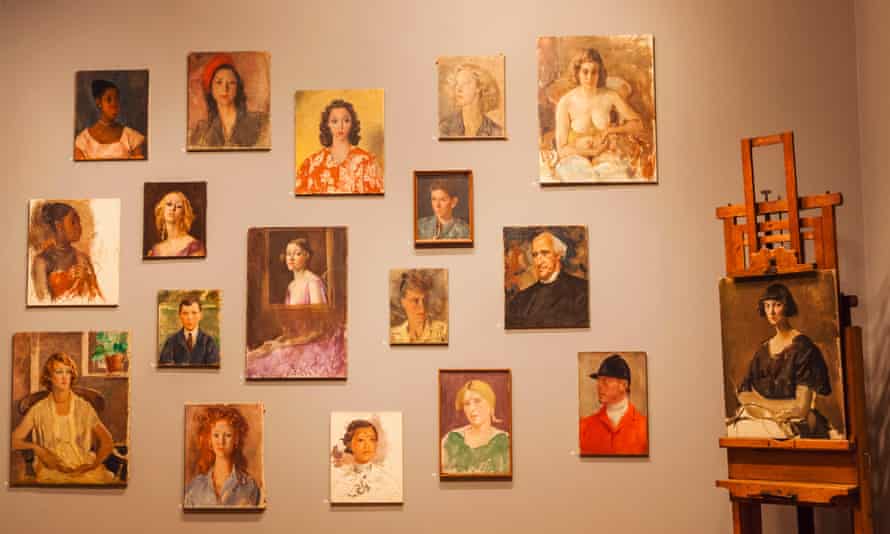
The National Museum, Cardiff, has one of the best collections of impressionist paintings in Europe, among its varied treasures. It is amazing to enjoy notable works from Monet, Cézanne et al without crowds. However, what draws me back, time after time, are the paintings by Pembrokeshire-born siblings Augustus and Gwen John. Augustus’s vibrant portraits, which include notables such as Dylan Thomas and Ramsay MacDonald, are well known. Less so, the subtle and intimate domestic scenes and depictions of anonymous citizens by his sister, Gwen, one-time lover of Auguste Rodin, and a hugely underrated artist. Entry is free.
Moira
Transport by any means, Riverside Museum, Glasgow
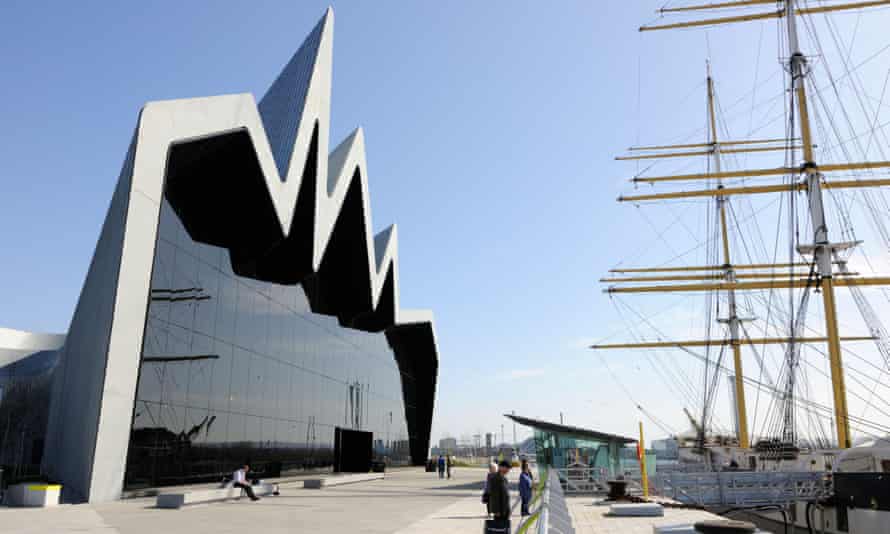
A visit to the Riverside Museum in Glasgow is a must. Housed in a modernistic building on the banks of the River Clyde is a magnificent collection of all types of transportation through the ages. It is spread over two floors with cafes and a fantastic view of the river itself. Entry is free.
Ian Major
Pre-Raphaelites, St Martin’s-on-the-Hill, Scarborough
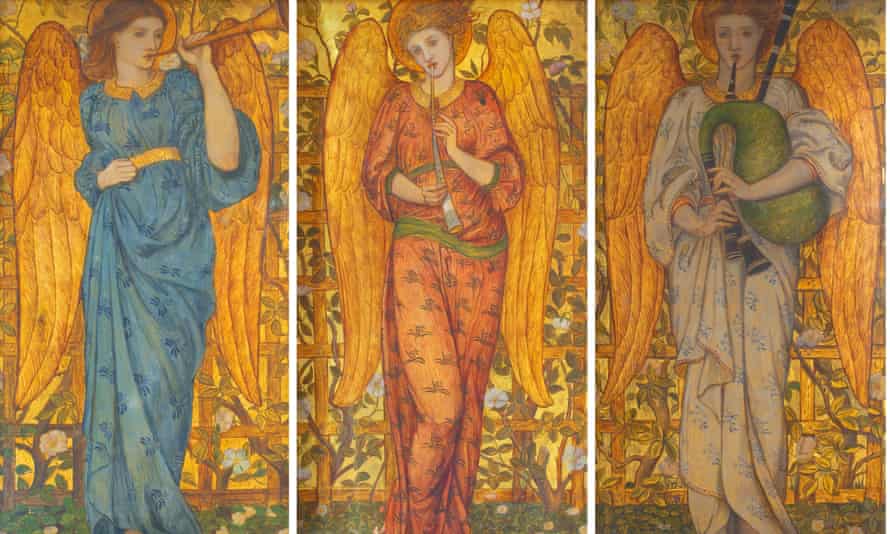
On Scarborough’s south cliff, among the B&Bs, is an artistic gem that is easy to miss. St Martin’s-on-the-Hill is an active church, but also home to an amazing collection of pre-Raphaelite art. The greats are all here: Morris, Burne-Jones, Rossetti, Webb and Madox Brown. Luminous stained glass, richly carved wood, gilt paintings, a coffee shop with homemade cakes (open 11am-4pm Monday to Saturday), combine to indulge all the senses. Helpfully, laminated sheets are provided to explain the art and history. A residency by Angela Chalmers has added a contemporary art twist. Entry is free.
Debbie Rolls
Profile
Readers’ tips: send a tip for a chance to win a £200 voucher for a Sawday’s stay
Show
Guardian Travel readers’ tips
Every week we ask our readers for recommendations from their travels. A selection of tips will be featured online and may appear in print. To enter the latest competition visit the readers’ tips homepage
–
1960s rockers, Eel Pie Island Museum, Twickenham

There’s a little museum in Twickenham, south-west London, dedicated to the rock’n’roll history (as well as boat building history) of Eel Pie Island in the Thames, where some of the world’s most famous bands performed in the now sadly destroyed hotel. From the Stones to the Who to Jimi Hendrix, the place is adorned with posters, photos and wonderful first-hand accounts of watching bands at the very birth of the 1960s rock’n’roll era. The museum (open Thursday to Sunday from noon to 6pm, admission £3, with attached shop) will also appeal to boat building fans.
Layla Astley
Glass and coal, Sunderland Museum and Winter Gardens
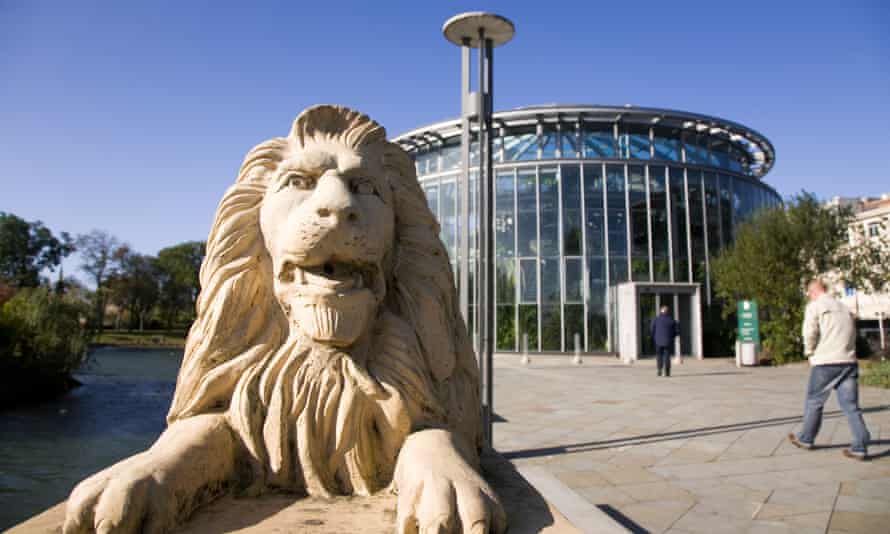
Sunderland Museum and Winter Gardens, established in 1846, was the first municipally funded museum outside London. A frequent visitor for 60 years, I always find something to delight and absorb me. Two of its permanent exhibitions, Glorious Glass and Coal pay tribute to what were two of the city’s main industries. Marvel at pieces ranging from Anglo-Saxon stained glass, to “rummers” – 16th-century drinking glasses – to quirky “end of day” items made from leftover molten glass, for the glassmakers’ own use. In the coal exhibition, learn about “disaster glass” sold to raise money for mining families devastated by pit accidents. Entry is free.
C Jackson
Anthropology, Pitt Rivers Museum, Oxford
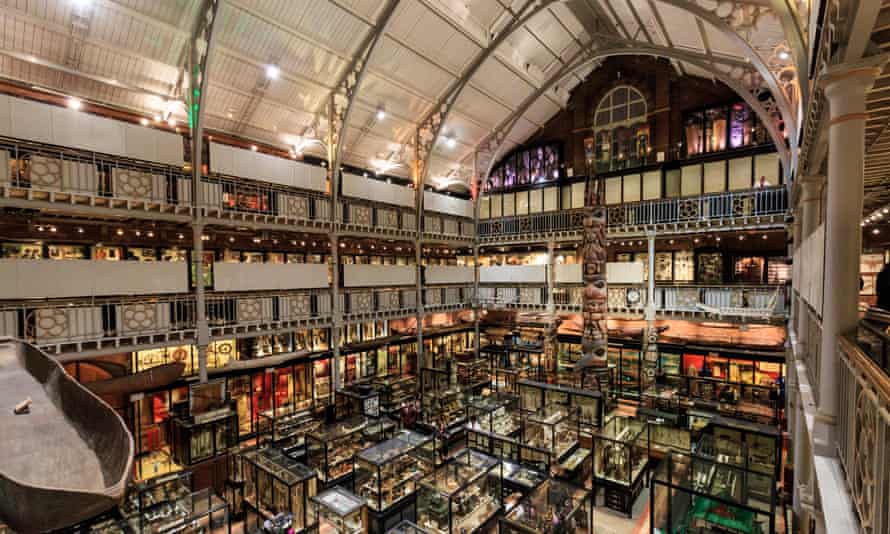
The Pitt Rivers Museum in Oxford is a real treasure trove of artefacts including toys, fishing nets, armour, medicinal equipment and feathers from all around the world. There are so many objects it can feel chaotic, but this is the beauty of it – you will always end up seeing something captivating. Strangely, though, the best thing to see in the museum is an empty display case. The Pitt Rivers is doing a stellar job of centring decolonial narratives, and is really upfront about the history that has led to artefacts being there. For this reason, it no longer displays the shrunken heads. I really admire the work it is doing to ensure that it is sharing people’s stories fairly. Entry is free.
Anki
House of magic, Soho, London
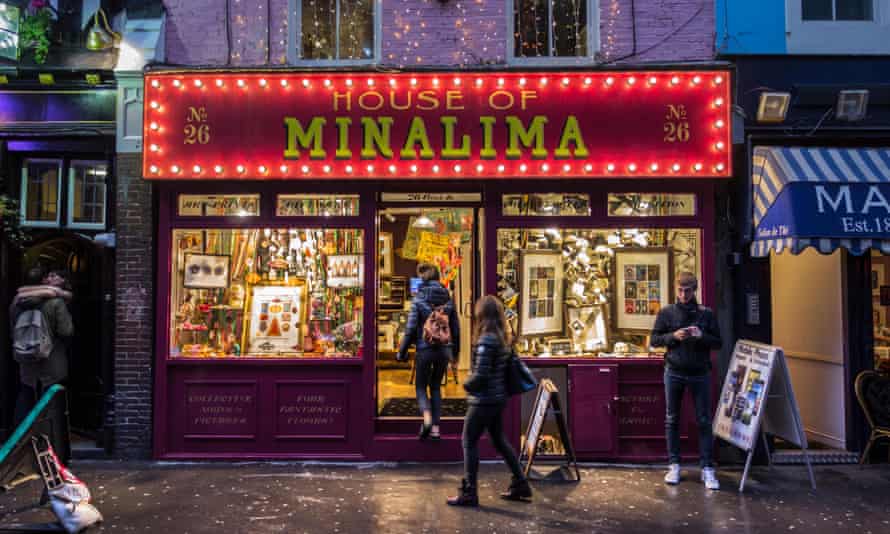
A little unusual, but The House of MinaLima in London is amazing – it is the design studio behind the graphic props of the Harry Potter and Fantastic Beasts series, and display all manner of items from the films, including bottle labels, book covers, posters, wand box designs – any graphic element you can imagine (and many that you can’t). It is amazing to see that things that are only seen fleetingly in the films were designed in such detail. Entry is free.
Philip Nash
Toy trains and motor sport, Bexhill Museum, East Sussex
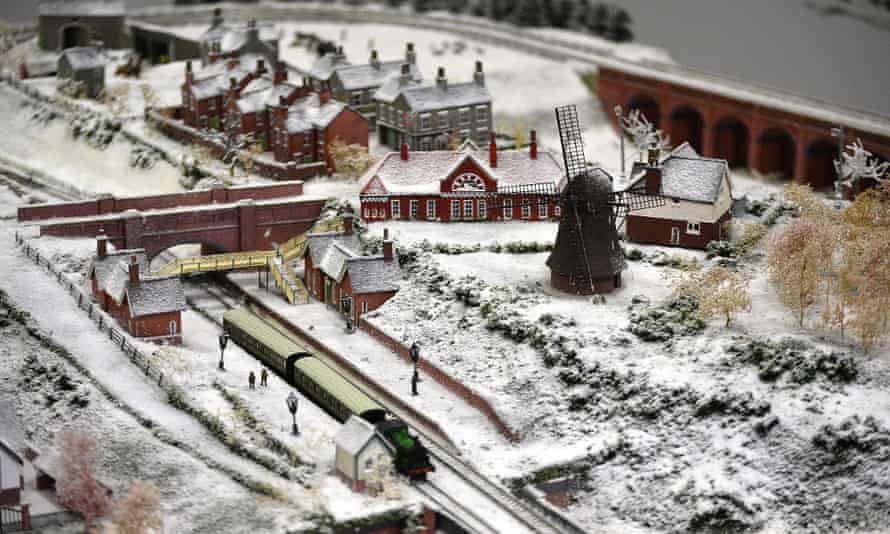
Bexhill Museum has such fond childhood memories for me – the giant crab and the interesting talks we went to as children in the school holidays are still very clear in my mind. It’s a hidden gem with the Izzard family model railway (donated by Eddie Izzard) and a costume galley with garments dating back to the 17th century. Bexhill is the birthplace of British motorsport and it has all the history surrounding this, so if you have an interest in motorsport this is truly fascinating and will find a treasure trove of information. It’s a fantastically informative day out for children and adults alike and such a gift to my home town of Bexhill. Entry is £3.
Rebecca James
Nature in Art, Twigworth, Gloucestershire
Nature in Art showcases a wide variety of art inspired by nature, housed in a stunning Georgian mansion in Gloucestershire. The collection is incredibly diverse, including many styles and media. A particular favourite of mine is Rosalind Wise’s painting, The Cycle of Flowers, which is based on a year of growth in the floral world. I never tire of observing this piece; a year flying by before my eyes, but always a new flower to discover. Entry is £7.
Karen Tranmer





